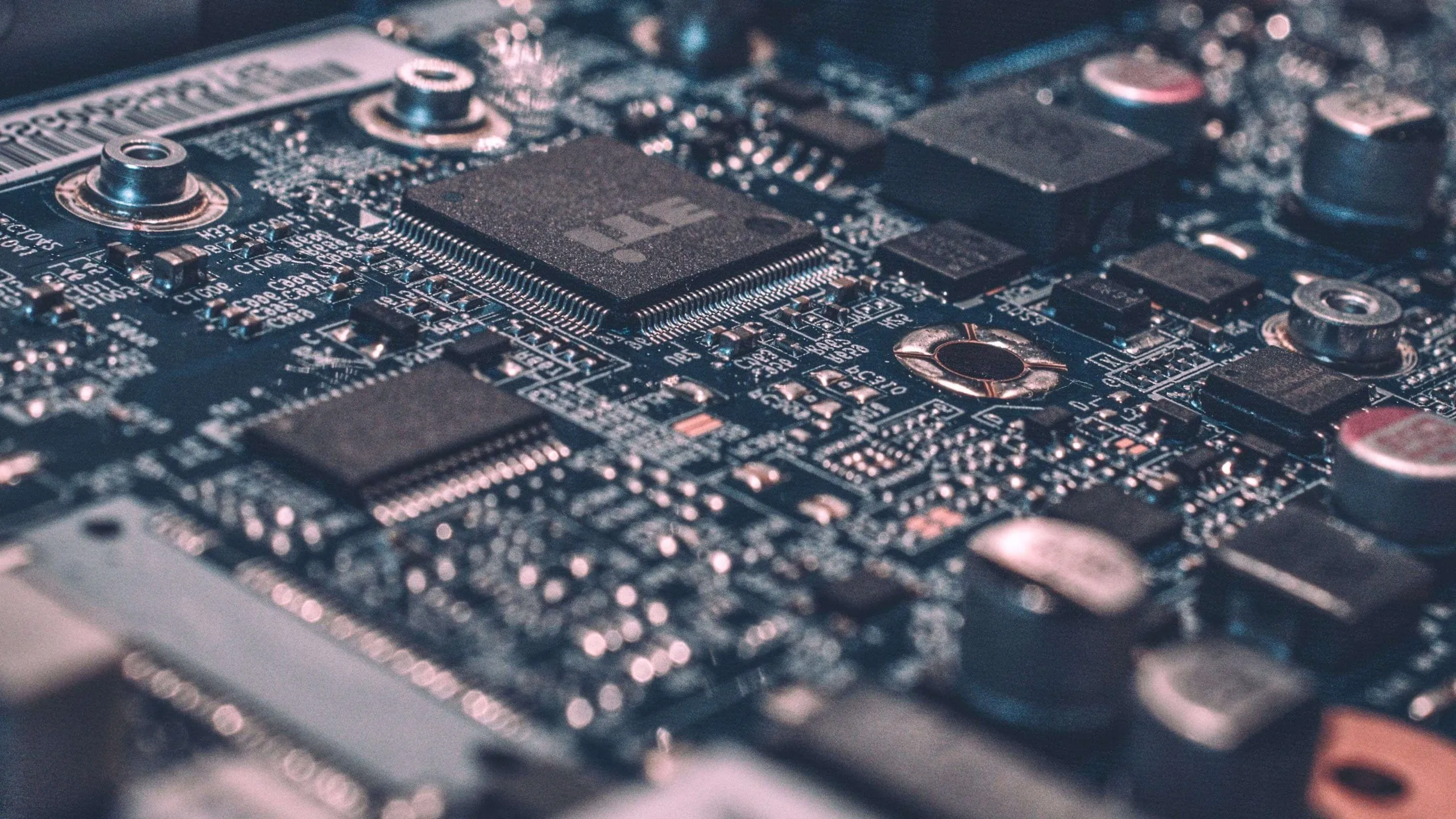New Spectre exploits vulnerabilities in micro-op caches.
New Spectre Exploits Beat All Mitigations: Fixes to Severely Degrade Performance : Read more
New Spectre Exploits Beat All Mitigations: Fixes to Severely Degrade Performance : Read more


